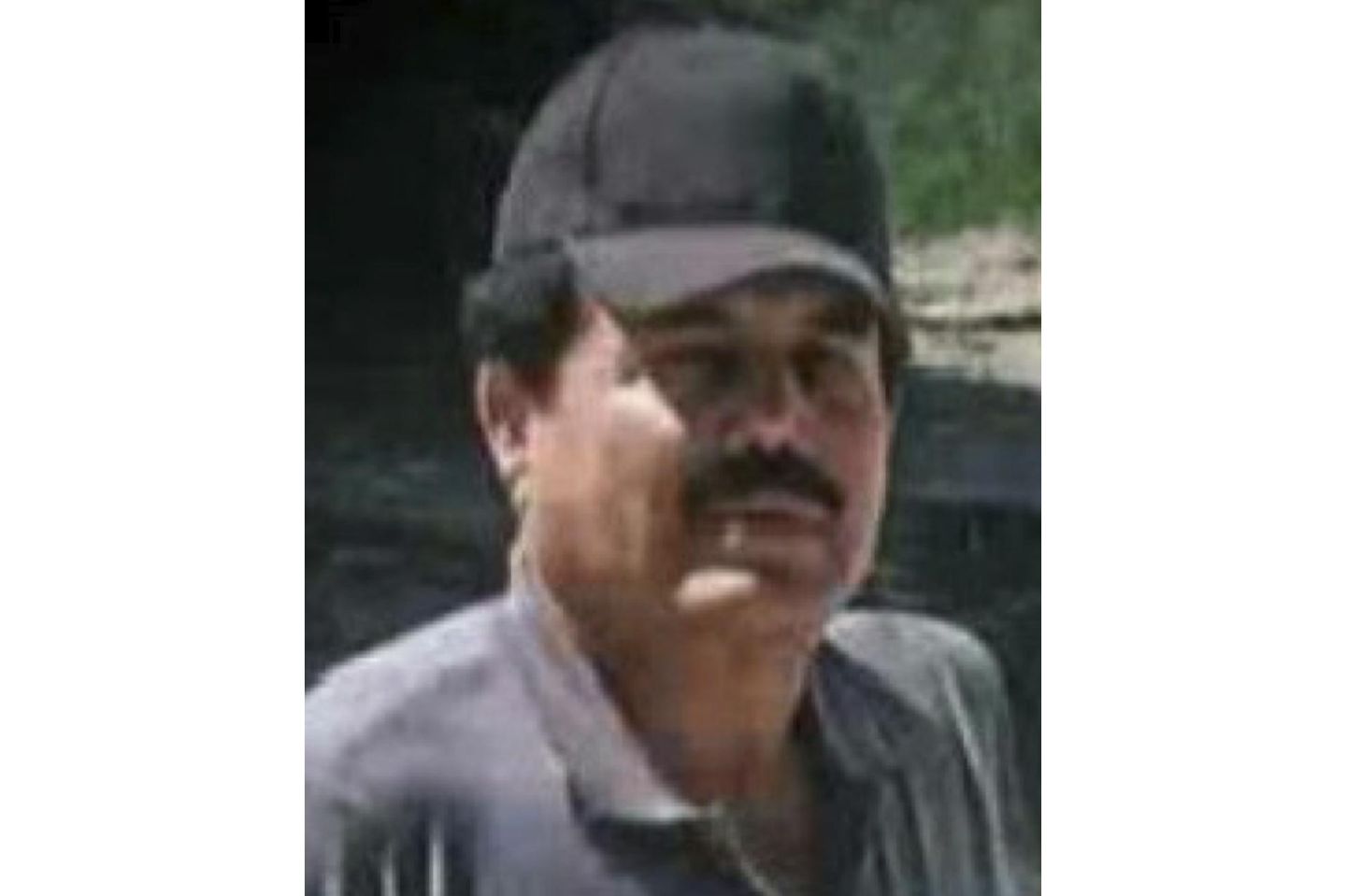The U.S. ambassador to Mexico, John Doe, made a shocking revelation on Friday regarding the capture of notorious drug lord Ismael “El Mayo” Zambada. According to Ambassador Doe, Zambada was brought to the United States against his will when he arrived in Texas in July. The drug lord was reportedly on a plane along with fellow drug lord Joaquin Guzman Lopez, also known as “El Chapo.”
The news of Zambada’s involuntary arrival in the United States has sent shockwaves through the international community, raising questions about the methods used by U.S. authorities to apprehend high-profile criminals. Zambada, a key figure in the powerful Sinaloa Cartel, has long evaded capture and is considered one of the most wanted men in Mexico.
Ambassador Doe’s revelation has sparked a heated debate about the legality and ethics of extraditing suspects to foreign countries. Many critics argue that Zambada should have been given a fair trial in Mexico, where he is accused of numerous crimes, including drug trafficking, money laundering, and murder. Others defend the U.S. government’s actions, citing the need to hold powerful criminals accountable for their actions.
The circumstances surrounding Zambada’s capture remain shrouded in mystery, with conflicting reports emerging from both Mexican and U.S. officials. Some sources claim that Zambada was lured onto the plane under false pretenses, while others suggest that he was forcibly abducted by U.S. agents. The lack of transparency surrounding the operation has only fueled speculation and conspiracy theories.
Zambada’s arrival in the United States has raised concerns about his treatment and legal rights while in custody. Human rights organizations have called for an independent investigation into the circumstances of his capture and extradition, amid fears that he may have been subjected to torture or other forms of mistreatment. The Mexican government has also demanded answers from U.S. authorities, expressing outrage over the apparent violation of Zambada’s rights.
The case has strained relations between the United States and Mexico, two key allies in the fight against drug trafficking and organized crime. Mexican officials have accused their American counterparts of overstepping their authority and undermining Mexico’s sovereignty by forcibly extraditing Zambada. The incident has reignited longstanding tensions between the two countries, threatening to derail their cooperation in combating transnational criminal networks.
The Sinaloa Cartel, led by Zambada and Guzman Lopez, is one of the most powerful and ruthless drug trafficking organizations in the world. The cartel has been responsible for smuggling vast quantities of drugs into the United States, fueling addiction and violence in cities across the country. Zambada and Guzman Lopez have long evaded capture, using their vast resources and connections to evade law enforcement.
The capture of Zambada and Guzman Lopez represents a major victory for U.S. authorities, who have been pursuing the leaders of the Sinaloa Cartel for years. The two men are considered the most wanted criminals in Mexico, with a long list of charges against them, including drug trafficking, money laundering, and murder. Their extradition to the United States is seen as a significant blow to the cartel’s operations and a major step forward in the fight against organized crime.
Despite the controversy surrounding their capture, Zambada and Guzman Lopez are now facing justice in the United States. They are expected to stand trial for their alleged crimes, with prosecutors vowing to hold them accountable for the harm they have caused. The extradition of these two notorious drug lords is a testament to the determination of law enforcement agencies to bring criminals to justice, no matter how powerful they may be.
As the legal proceedings against Zambada and Guzman Lopez unfold, the world is watching with bated breath. The trial of these two legendary figures in the world of organized crime is expected to be a high-stakes affair, with implications for the future of drug trafficking and law enforcement. The outcome of the trial will have far-reaching consequences for the fight against drug cartels and the pursuit of justice for their victims.
In the meantime, the debate over the capture and extradition of Zambada and Guzman Lopez continues to rage on. Critics and supporters alike are divided over the legality and morality of the operation, with no clear consensus in sight. The case has exposed the complexities and challenges of international law enforcement, as well as the ethical dilemmas faced by those tasked with bringing criminals to justice.
Regardless of the outcome of the trial, one thing is certain: the capture of Ismael “El Mayo” Zambada and Joaquin Guzman Lopez will go down in history as a significant moment in the ongoing battle against drug trafficking and organized crime. Their extradition to the United States has sent a powerful message to criminal organizations around the world: no one is above the law, and justice will eventually catch up to those who seek to evade it.









